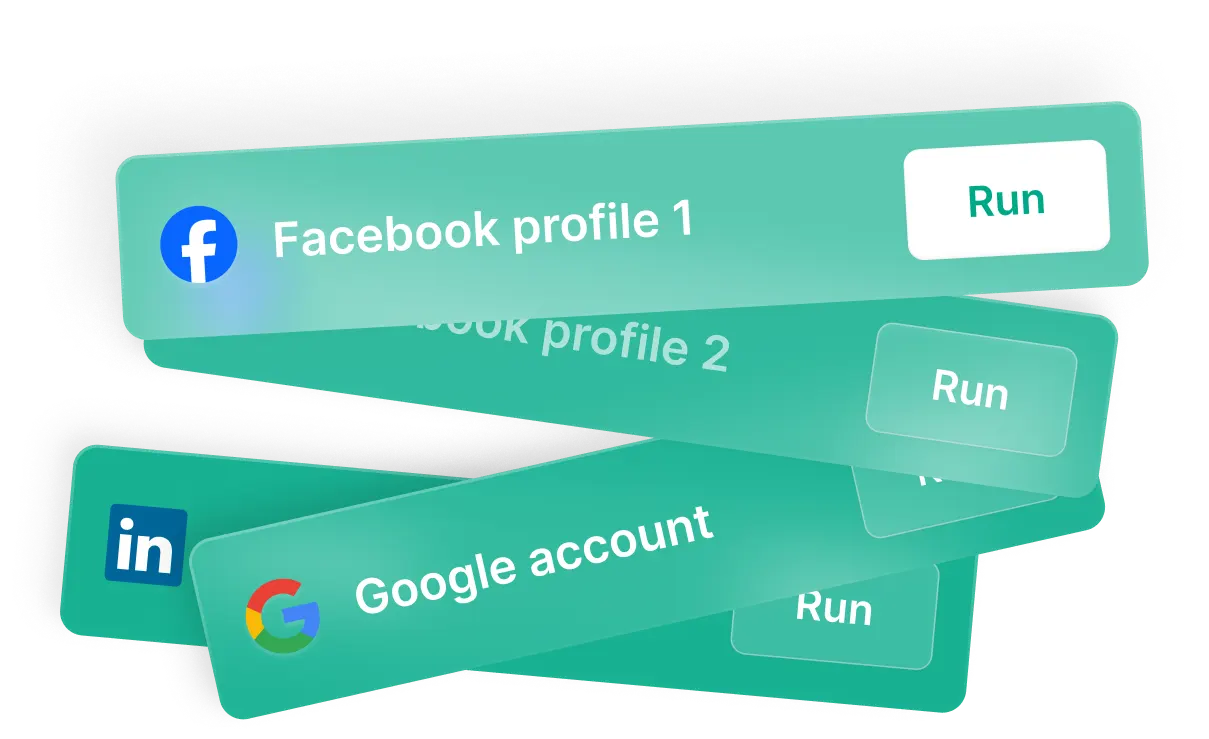Web scraping, also known as web harvesting or web data extraction, involves extracting data from websites.This process involves specialized software or scripts that access and retrieve information directly from the web. Consequently, it transforms unstructured data on web pages into a structured format, making it easier to analyze and use for various purposes.
How Web Scraping Works
- Accessing Pages: Web scraping tools or scripts access web pages using HTTP requests, mimicking a regular user browsing the internet.
- Extracting Data: The scraper parses the HTML content of the web page to identify and extract the required data. This can include text, images, links, and other elements.
- Storing Data: The extracted data is then stored in a structured format, such as a CSV file, database, or spreadsheet, making it easier to analyze and manipulate.
Applications of Web Scraping
Web scraping has a wide range of applications, including:
- Market Research: Businesses use it to gather data on competitors, track market trends, and analyze consumer behavior.
- Price Monitoring: E-commerce companies scrape pricing information from competitors’ websites to adjust their own prices and remain competitive.
- Content Aggregation: News aggregators and content curators use web scraping to collect articles, blog posts, and other content from various sources for their platforms.
- Lead Generation: Sales and marketing teams scrape contact information from websites to build lists of potential customers.
- Academic Research: Researchers scrape data for studies, surveys, and academic projects.
Legal and Ethical Considerations
While it can be highly beneficial, it’s essential to consider the legal and ethical implications:
- Respect Website Terms of Service: Many websites have terms of service that prohibit scraping. Always review and comply with these terms.
- Avoid Overloading Servers: Excessive scraping can put a strain on servers, potentially causing performance issues. Use rate limiting and respect robots.txt files to avoid overloading servers.
- Ethical Use of Data: Ensure that the data collected through web scraping is used ethically and does not infringe on privacy or intellectual property rights.
Conclusion
Web scraping is a powerful tool for extracting data, offering numerous applications across various industries. This process involves specialized software or scripts that access and retrieve information directly from the web. Consequently, it transforms unstructured data on web pages into a structured format, making it easier to analyze and use for various purposes.
